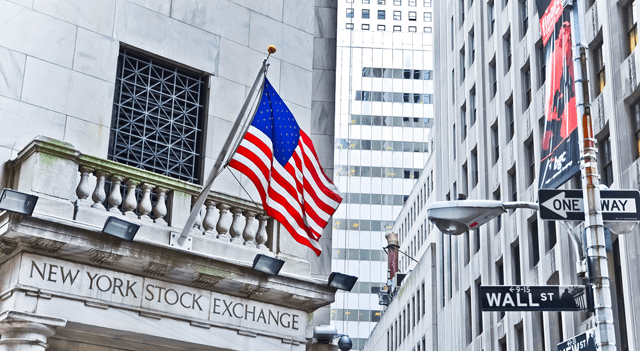Stock futures in the U.S. were little changed on Wednesday morning, pointing to a flat open as investors brace for a key Federal Reserve policy announcement and a batch of high-profile tech earnings later in the day.
The lack of early momentum comes after a modest retreat in the prior session, with traders largely opting to stay on the sidelines until the Fed provides updated guidance on interest rates this afternoon. While no change in rates is anticipated, markets remain sensitive to any shift in tone that could affect the outlook for inflation and monetary policy.
Investors are also looking ahead to quarterly results from Microsoft (NASDAQ:MSFT) and Meta Platforms (NASDAQ:META), both of which will report after today’s closing bell. These updates from two key members of the “Magnificent Seven” are likely to influence tech sentiment broadly.
Trade policy remains another source of uncertainty. Former President Donald Trump announced via Truth Social this morning that a 25% tariff on Indian imports will go into effect on Friday, adding a new layer of tension to international trade dynamics. His earlier warnings that countries without bilateral agreements could face tariffs of 15% to 20% are still resonating with the market.
Tuesday’s session saw early gains fade, with all three major indexes closing lower. The Dow fell by 204.57 points to 44,632.99, a decline of 0.5%. The Nasdaq dropped 80.29 points, or 0.4%, to finish at 21,098.29, while the S&P 500 lost 0.3%, ending the day at 6,370.86.
The dip appeared to reflect some profit-taking after a stretch of record-setting gains in the S&P and Nasdaq. Caution ahead of the Fed decision likely played a role in the subdued trading activity.
Elsewhere, investors are keeping an eye on U.S.–China trade negotiations underway in Stockholm ahead of Friday’s reciprocal tariff deadline. Market participants remain wary that stalled talks could escalate tensions just as global supply chains are stabilizing.
Economic data released Tuesday offered a mixed picture. The Conference Board said its consumer confidence index rose to 97.2 in July, up from 95.2 in June and better than economists’ projections of 95.8. Meanwhile, job openings in the U.S. declined slightly in June, though not as much as expected.
Sector performance was uneven, with pharmaceutical and transportation stocks under heavy pressure. The NYSE Arca Pharmaceutical Index tumbled 2.6%, while the Dow Jones Transportation Average shed 2.3%. In contrast, utility, natural gas, and commercial real estate stocks showed relative strength. Oil services and steel sectors were also weaker, reflecting broader investor caution.
This content is for informational purposes only and does not constitute financial, investment, or other professional advice. It should not be considered a recommendation to buy or sell any securities or financial instruments. All investments involve risk, including the potential loss of principal. Past performance is not indicative of future results. You should conduct your own research and consult with a qualified financial advisor before making any investment decisions.
